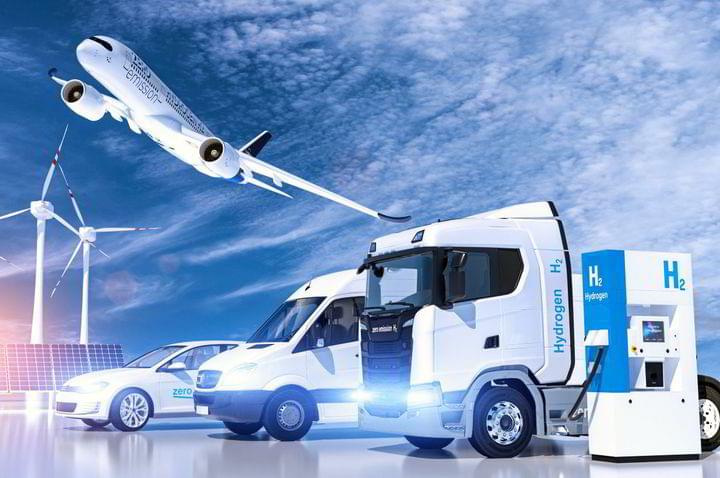It’s all thanks to nanoclusters.
A new nanoscale 3D printing material developed by Stanford University engineers may provide superior structural protection for satellites, drones, and microelectronicsAn improved lightweight, a protective lattice that can absorb twice as much energy as previous materials of a similar density has been developed by engineers for nanoscale 3D printing.
According to the study led by Stanford University, a nanoscale 3D printing material, which creates structures that are a fraction of the width of a human hair, will enable to print of materials that are available for use, especially when printing at very small scales.
Phuchit/iStock.
An improved lightweight, a protective lattice that can absorb twice as much energy as previous materials of a similar density has been developed by engineers for nanoscale 3D printing.







